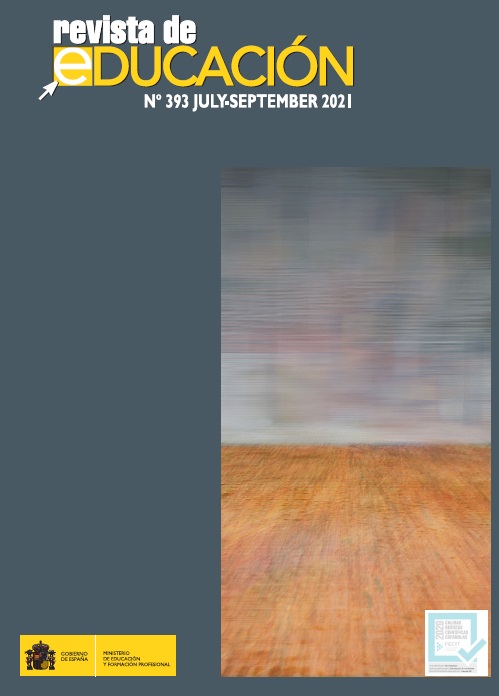Meta-analysis of reliability generalisation of the FIT-Choice questionnaire (Factors Influencing Teaching Choice)
Main Article Content
Abstract
Teacher effectiveness depends on academic and non-academic factors. Teaching motivation is an element of the latter group of factors that has been widely studied to determine who will enter the teaching profession. In this context, FIT-Choice (Factors Influencing Teaching Choice) is one of the most widely used instruments internationally and has undergone both language and dimensional structure adaptations. The aim of this study is to analyse the reliability of the different scales and how they vary in works that use this instrument, through the reliability generalisation meta-analysis technique using a random effects model. Specifically, we use a random effects model to estimate mean reliability and we study the heterogeneity of coefficients using Cochran’s Q and I2 tests. Meta-regression is also used to study the effect of moderating variables that relate to the instrument (type of FIT-Choice, test language) and the sample (type of teacher, % of women and age). The results show good average reliability for most of the scales, apart from job transferability, fallback career and high demand, which have values below 0.7. High reliability variance between studies stands out, with the satisfaction scale displaying the greatest heterogeneity. The findings show that the reliability of subscales is affected by the type of FIT-Choice and the type of teacher.

